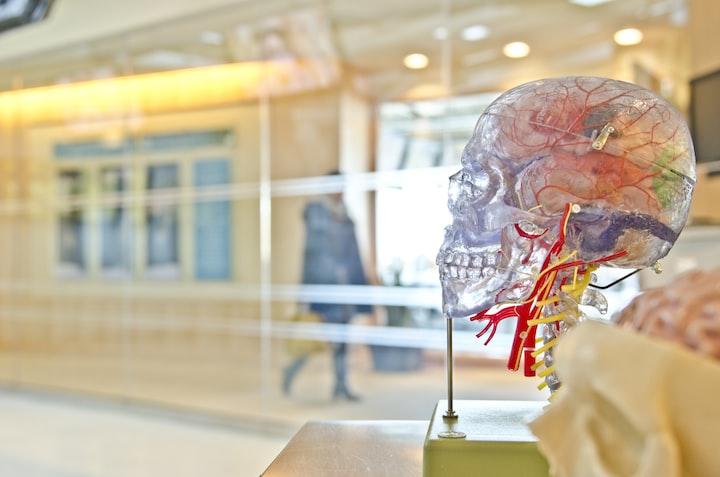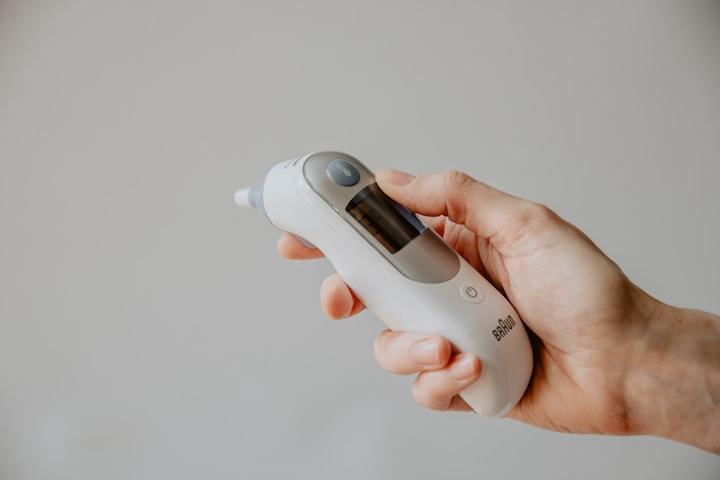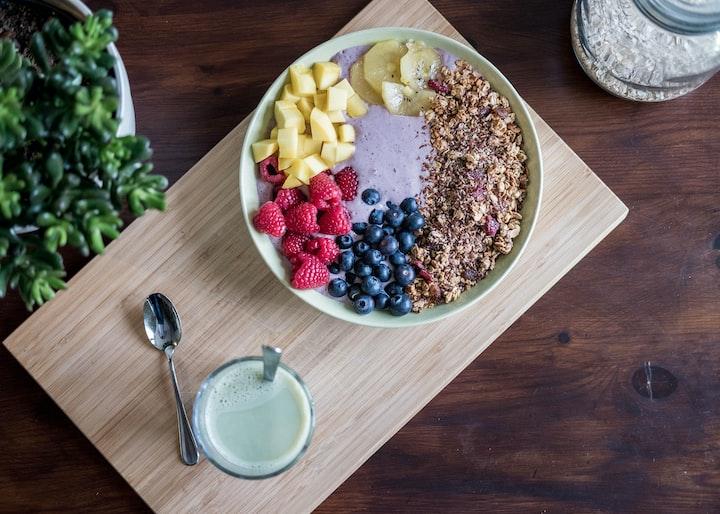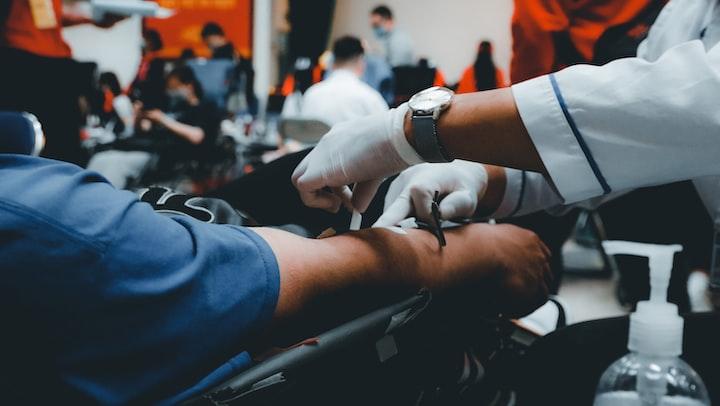5. Relationship problems – Difficulties with family, friends, or romantic partners can be very stressful. These relationships are important to our well-being, so when they’re not going well, it can have a big impact on our mental and emotional health.
6. Poor health – Having a chronic illness or dealing with a major health scare can be very stressful. This is especially true if you’re also dealing with the financial burden of medical bills or time constraints from having to recover from an illness or injury.
7. Excess weight – Being overweight or obese can put you at risk for a number of health problems, which can in turn lead to stress. This is because carrying excess weight can lead to physical pain, fatigue, and low self-esteem, all of which can be very stressful.
Stress is the body’s response to any demand for change. It can come from external factors like work, school, or family life, or from internal factors like illness, diet, or exercise. Stress can be either good or bad for you depending on how you handle it.
There are seven common causes of stress:
1. Change – Any major life change such as starting a new job, getting married, having a baby, or moving to a new home can be stressful. Even positive changes like these can cause some degree of stress as your body adjusts to the new situation.
2. Time pressure – Feeling like you don’t have enough time to get everything done can be very stressful. This is especially true if you’re already juggling a lot of different responsibilities in your life.
3. Money troubles – Financial problems are one of the most common sources of stress for people in today’s society. Whether it’s struggling to make ends meet month-to-month or worrying about long-term debt, money troubles can take a toll on your mental and physical health if not properly managed.
4. Job demands – A high-pressure job with long hours and little opportunity for break or relaxation time can lead to chronic stress. This type of job may also include a lot of responsibility and decision-making, which can be stressful even if you’re good at it.
5. Relationship problems – Difficulties with family, friends, or romantic partners can be very stressful. These relationships are important to our well-being, so when they.
Read More »Few Practical Tips About 7 Things That Can Cause Stress






